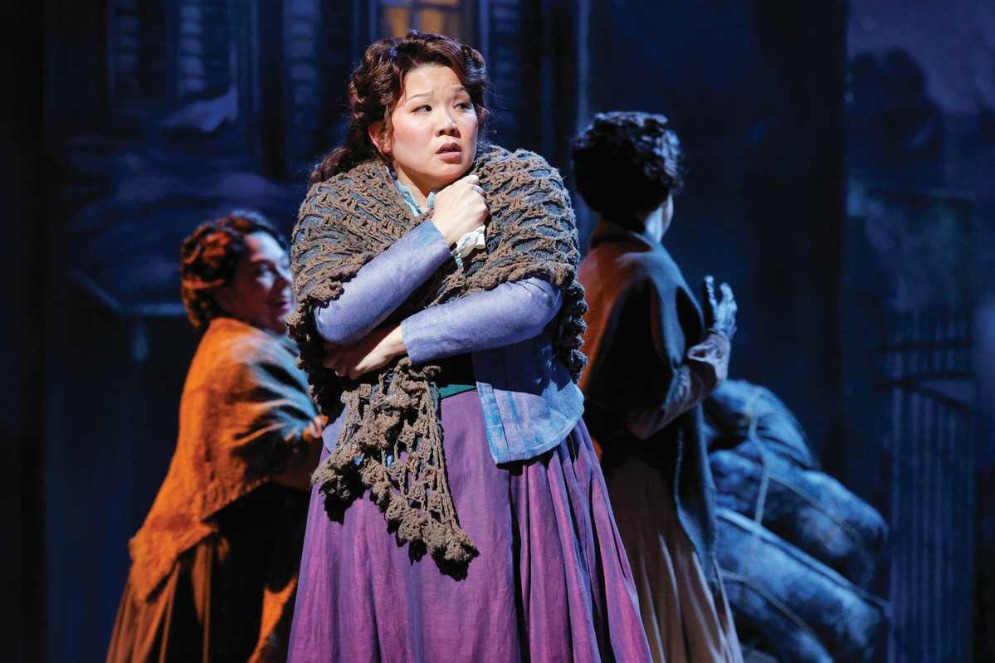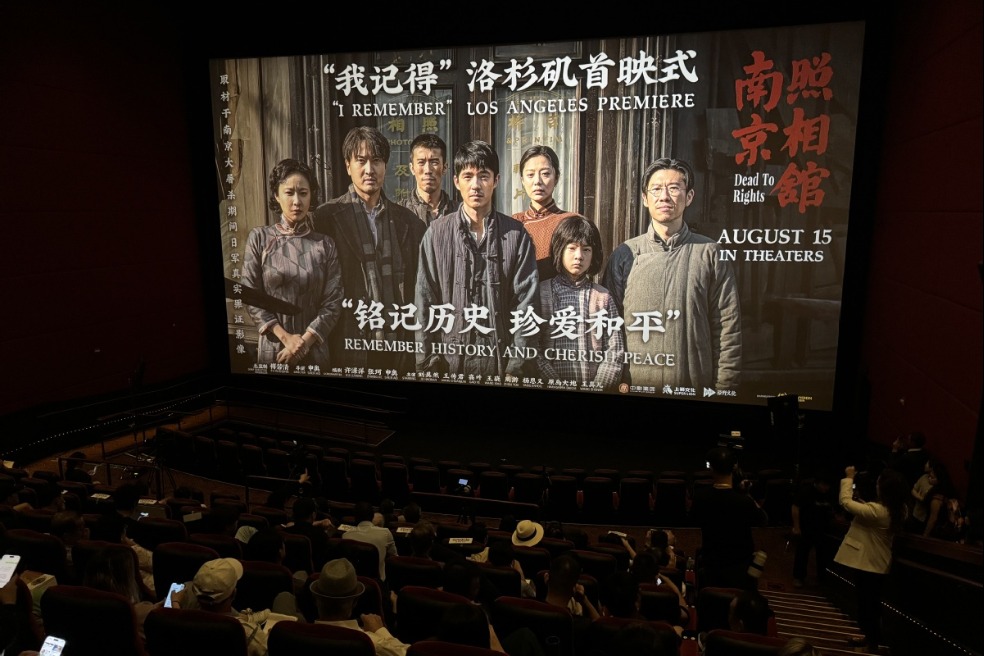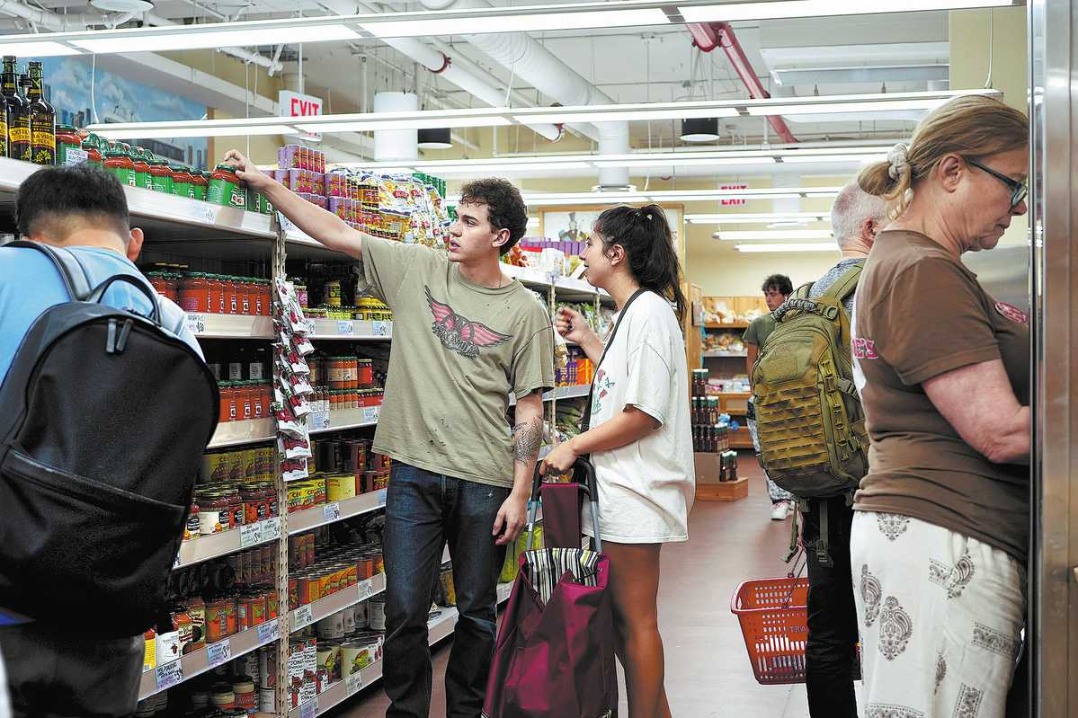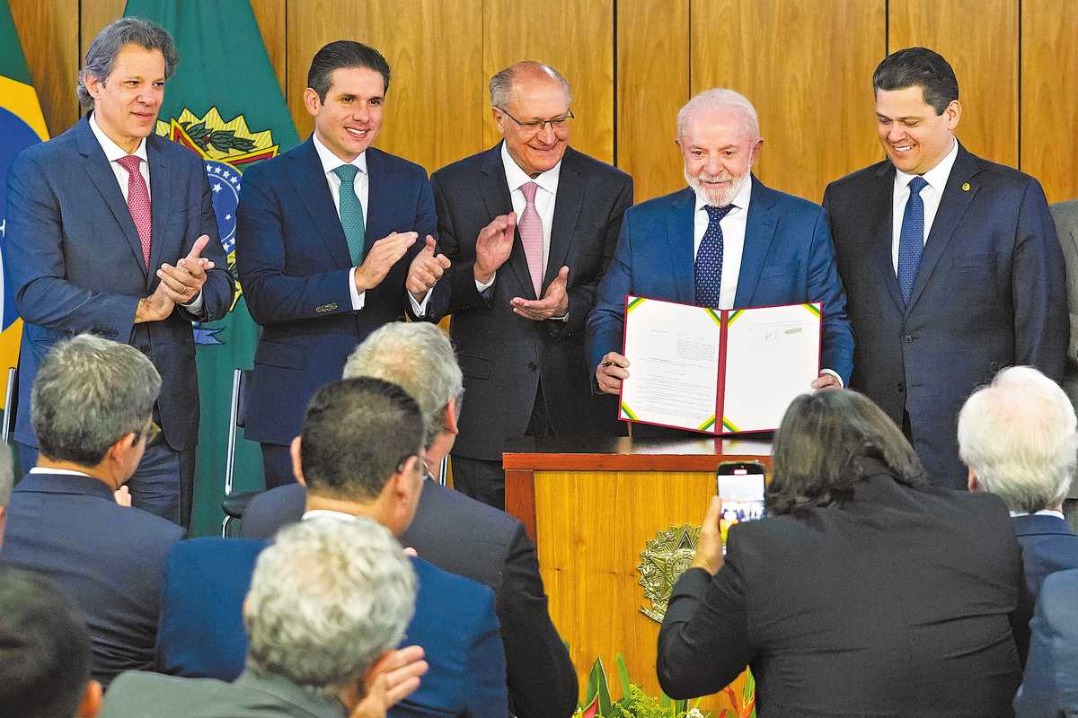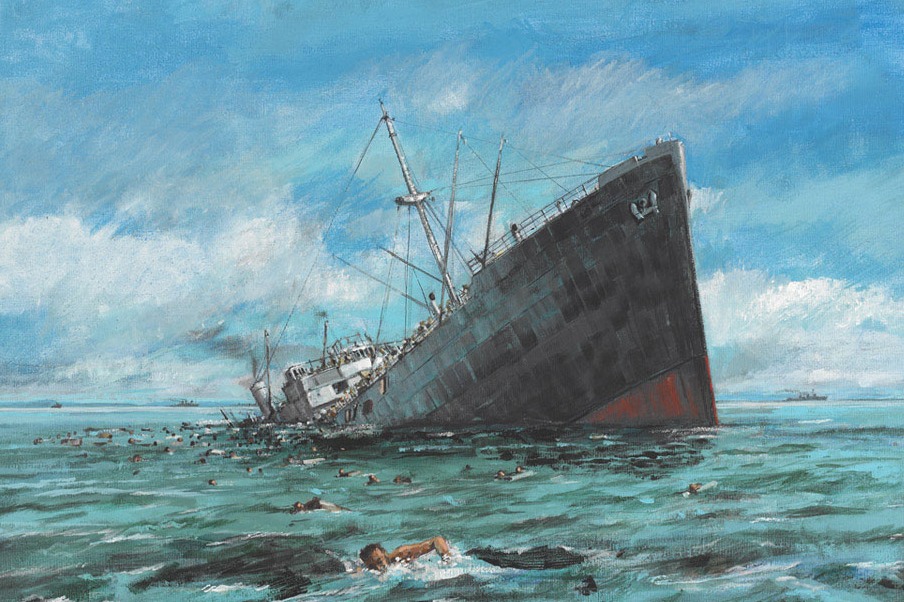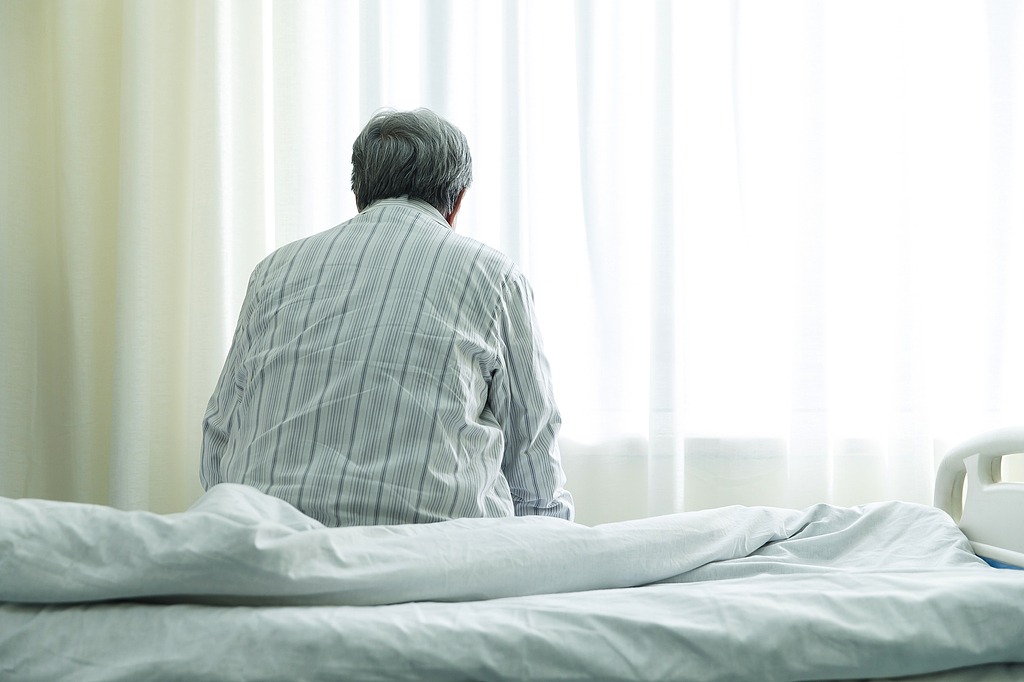Islamic State claims responsibility for Sri Lanka bombings

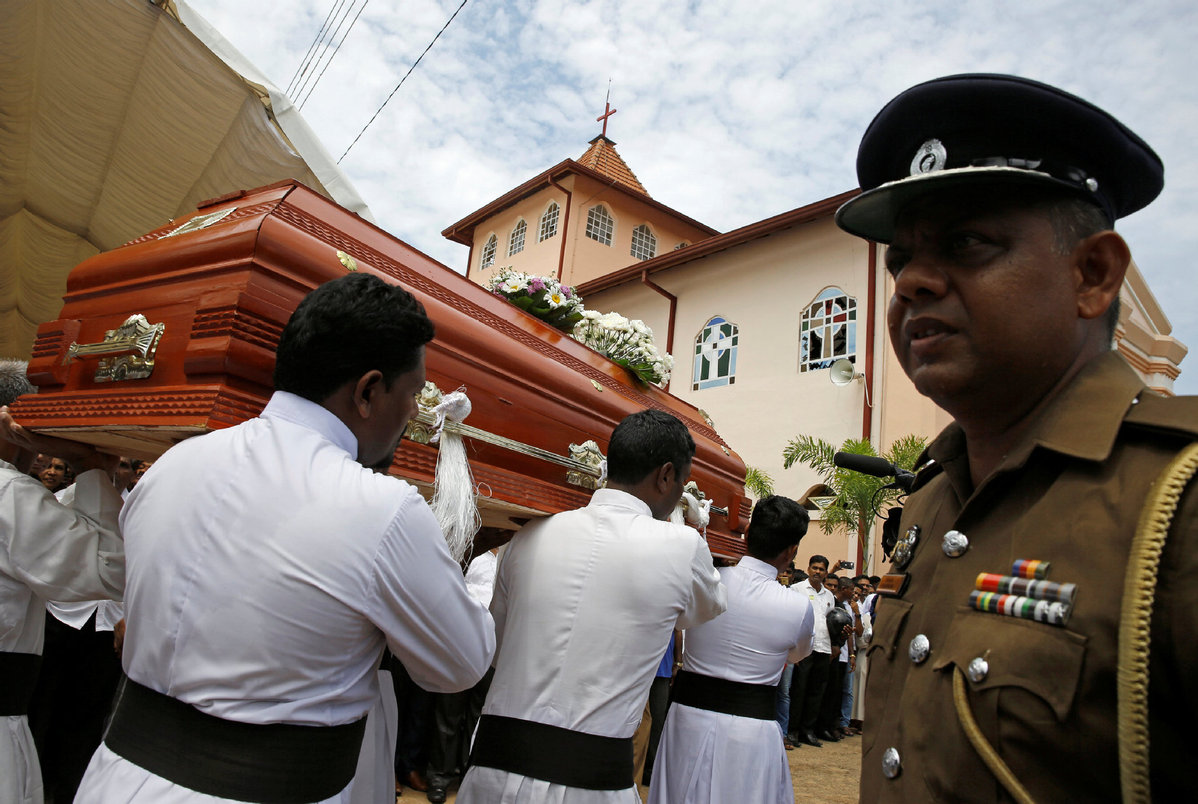
In some places, the violence struck entire families. On Easter Sunday, as they did every Sunday, Berlington Joseph Gomez and his wife, Chandrika Arumugam, went to church at Colombo's St. Anthony's Shrine. And as always, they brought their three sons: 9-year-old Bevon, 6-year-old Clavon and baby Avon, just 11 months old.
Two days later, they were all being mourned by dozens of neighbors gathered at the modest home of Berlington's father, Joseph Gomez.
"All family, all generation, is lost," Gomez said.
Word from international intelligence agencies that a local group was planning attacks apparently didn't reach the prime minister's office until after the massacre, exposing the continuing political turmoil in the highest levels of the Sri Lankan government.
On April 11, Priyalal Disanayaka, Sri Lanka's deputy inspector general of police, signed a letter addressed to the directors of four Sri Lankan security agencies, warning them that a local group was planning a suicide attack in the country.
The intelligence report attached to his letter, which has circulated widely on social media, named the group allegedly plotting the attack, National Towheed Jamaar, identifying its leader as Zahran Hashmi, and said it was targeting "some important churches" in a suicide terrorist attack that was planned to take place "shortly."
The report named six individuals likely to be involved in the plot, including someone it said had been building support for Zahran and was in hiding since the group clashed with another religious organization in March 2018.
On Monday, Sri Lanka's health minister held up a copy of the intelligence report while describing its contents, spurring questions about what Sri Lanka police had done to protect the public from an attack.
It was not immediately clear what steps were taken by any of these security directors. Disanayaka did not answer calls or messages seeking comment.
Among the 40 people arrested on suspicion of links to the bombings were the driver of a van allegedly used by the suicide attackers and the owner of a house where some of them lived.
Heightened security was evident at an international airport outside the capital where security personnel walked explosive-sniffing dogs and checked car trunks and questioned drivers on roads nearby. Police also ordered that anyone leaving a parked car unattended on the street must put a note with their phone number on the windscreen, and postal workers were not accepting pre-wrapped parcels.
A block on most social media since the attacks has left a vacuum of information, fueling confusion and giving little reassurance the danger had passed. Even after an overnight curfew was lifted, the streets of central Colombo were mostly deserted Tuesday and shops closed as armed soldiers stood guard.
Prime Minister Ranil Wickremesinghe said he feared the massacre could unleash instability and he vowed to "vest all necessary powers with the defense forces" to act against those responsible.
Authorities said they knew where the group trained and had safe houses, but did not identify any of the seven suicide bombers, whose bodies were recovered, or the other suspects taken into custody. All seven bombers were Sri Lankans, but authorities said they strongly suspected foreign links.
Later Tuesday, the Islamic State group claimed responsibility for the Sri Lanka attack via its Aamaq news agency, but offered no photographs or videos of attackers pledging their loyalty to the group. Such material, often showing suicide bombers pledging loyalty before their assaults, offer credibility to their claims.
The group, which has lost all the territory it once held in Iraq and Syria, has made a series of unsupported claims of responsibility. It recently offered its first claim of an attack in Congo.
Also unclear in Sunday's attack was the motive. The history of Buddhist-majority Sri Lanka, a country of 21 million including large Hindu, Muslim and Christian minorities, is rife with ethnic and sectarian conflict.
In the nation's 26-year civil war, the Tamil Tigers, a powerful rebel army known for using suicide bombers, had little history of targeting Christians and was crushed by the government in 2009. Anti-Muslim bigotry fed by Buddhist nationalists has swept the country recently.
In March 2018, Buddhist mobs ransacked businesses and set houses on fire in Muslim neighborhoods around Kandy, a city in central Sri Lanka that is popular with tourists.
After the mob attacks, Sri Lanka's government also blocked some social media sites, hoping to slow the spread of false information or threats that could incite more violence.
Sri Lanka, though, has no history of Islamic militancy. Its small Christian community has seen only scattered incidents of harassment.
AP

















